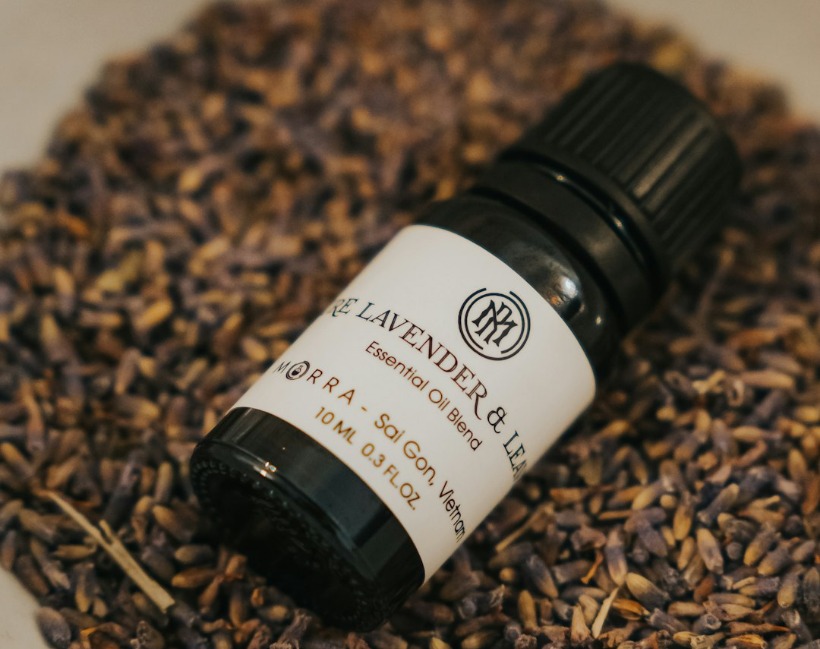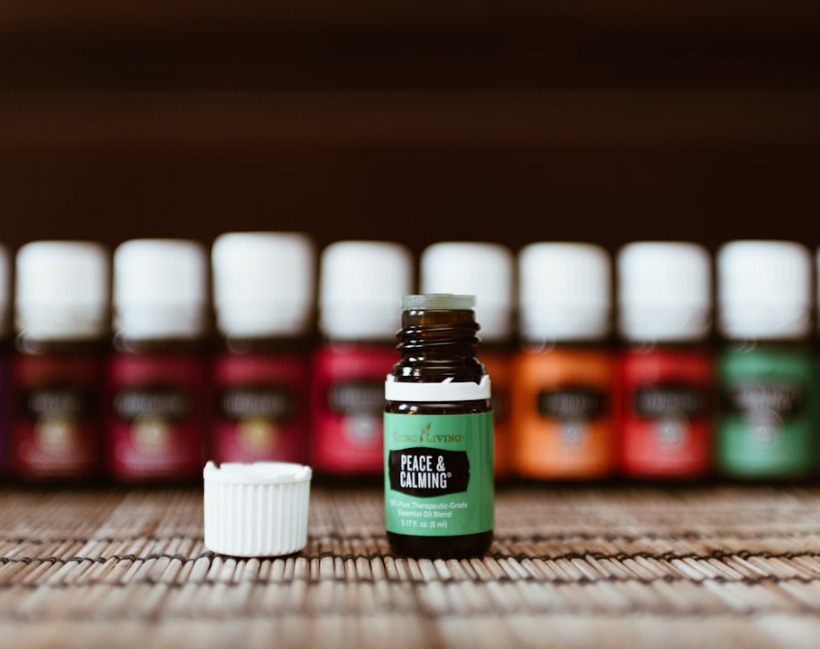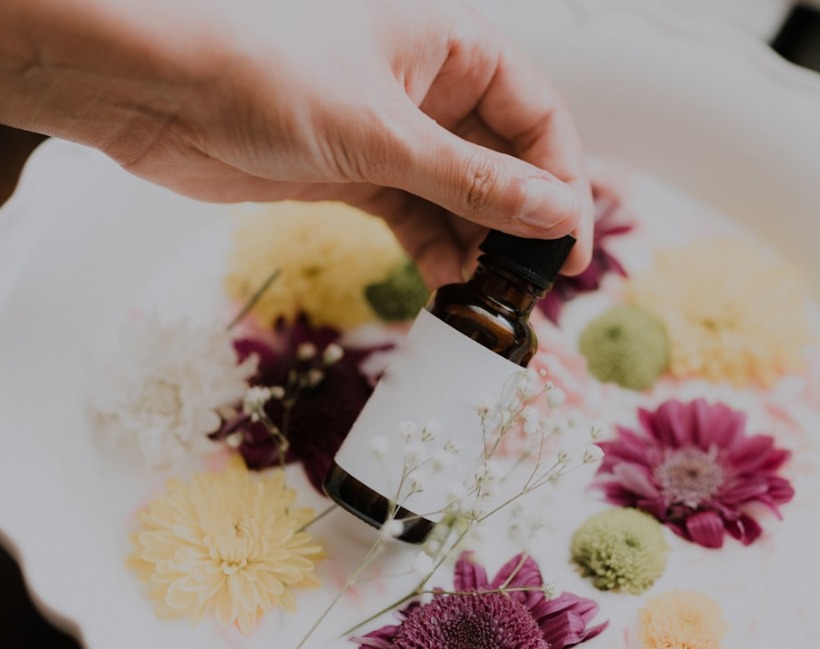How Can Essential Oils Improve Air Quality in Small Rooms?
Essential oils can improve air quality in small rooms by releasing natural compounds that help reduce airborne pollutants, eliminate odors, and provide a calming environment. When diffused, oils like eucalyptus, tea tree, and lemon purify the air by combating bacteria and allergens.
Benefits of Essential Oils for Air Quality
Essential oils have long been used for their aromatic benefits, but their air-purifying properties are often overlooked. Here’s how they work:
1. Neutralizing Airborne Pollutants
- Essential oils contain antimicrobial properties that can help neutralize airborne pathogens such as bacteria, viruses, and mold spores. For instance, tea tree oil is known for its strong antibacterial and antifungal effects .
2. Odor Elimination
- Certain essential oils, like lemon and lavender, are effective at breaking down bad smells in enclosed spaces. They provide a refreshing and clean scent while masking unpleasant odors naturally .
3. Reducing Allergens
- Oils such as eucalyptus and peppermint can reduce allergens in the air by clearing dust mites and pet dander. This can make a significant difference in the air quality of small rooms where ventilation is limited .
How to Use Essential Oils to Improve Air Quality
To fully benefit from essential oils, it’s important to use them correctly. Here are the most effective methods:
- Diffusers: Add 5-10 drops of essential oil to a diffuser with water to release the oil into the air.
- Sprays: Mix essential oils with water in a spray bottle and lightly mist your room for an instant refresh.
- Cotton Balls: Place a few drops of oil on cotton balls and leave them in corners of the room for gradual release.
Table: Essential Oils for Air Quality and Their Benefits
| Essential Oil | Benefit | How It Helps Air Quality |
|---|---|---|
| Eucalyptus | Clears airways, reduces allergens | Breaks down allergens like dust mites |
| Tea Tree | Antibacterial, antifungal | Kills bacteria, mold spores, and purifies the air |
| Lemon | Deodorizing, antiviral | Eliminates odors and airborne viruses |
| Lavender | Relaxing, antibacterial | Promotes calmness and fights harmful bacteria in the air |
Expert Insights on Essential Oils and Air Quality
Research supports the effectiveness of essential oils in improving air quality. Studies indicate that oils such as eucalyptus and tea tree can reduce microbial contamination in enclosed spaces, helping to create a healthier indoor environment. According to the American Lung Association, improving air quality in small spaces can significantly lower the risk of respiratory problems .
Conclusion: Essential Oils for Air Quality
In conclusion, essential oils can improve air quality in small rooms by neutralizing airborne pollutants, reducing allergens, and eliminating odors. To experience these benefits, use a diffuser or spray regularly in small, enclosed spaces. By choosing oils with antimicrobial properties, you can naturally enhance indoor air quality without relying on chemicals.
FAQs
Can essential oils completely purify the air?
Essential oils can help reduce pollutants, but they may not completely purify the air. For full air purification, consider using essential oils alongside air purifiers or increased ventilation.
How long should I diffuse essential oils in a small room?
It’s best to diffuse essential oils for 15-30 minutes at a time in small rooms. This ensures the air is saturated without overwhelming the space.














Post Comment